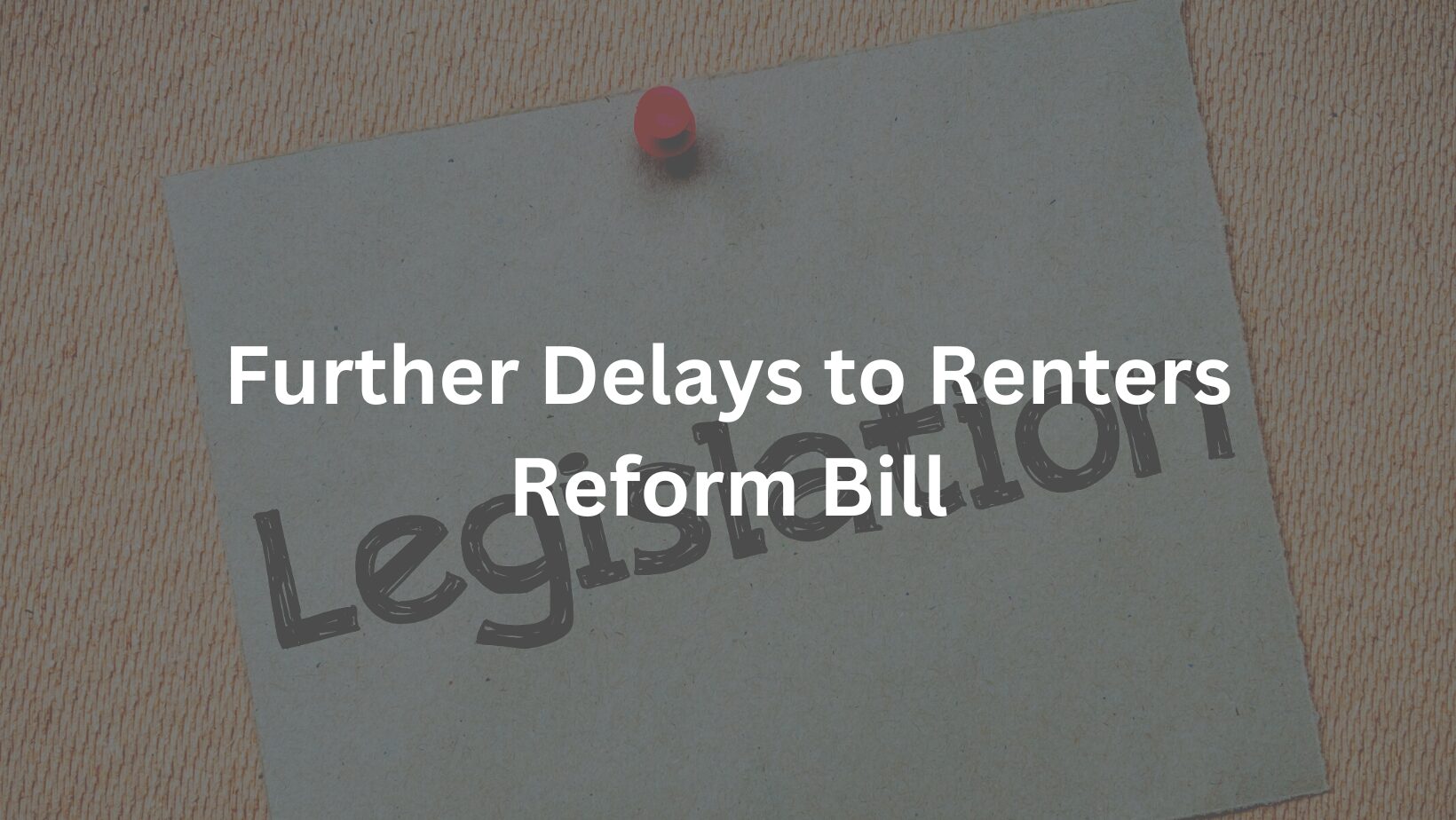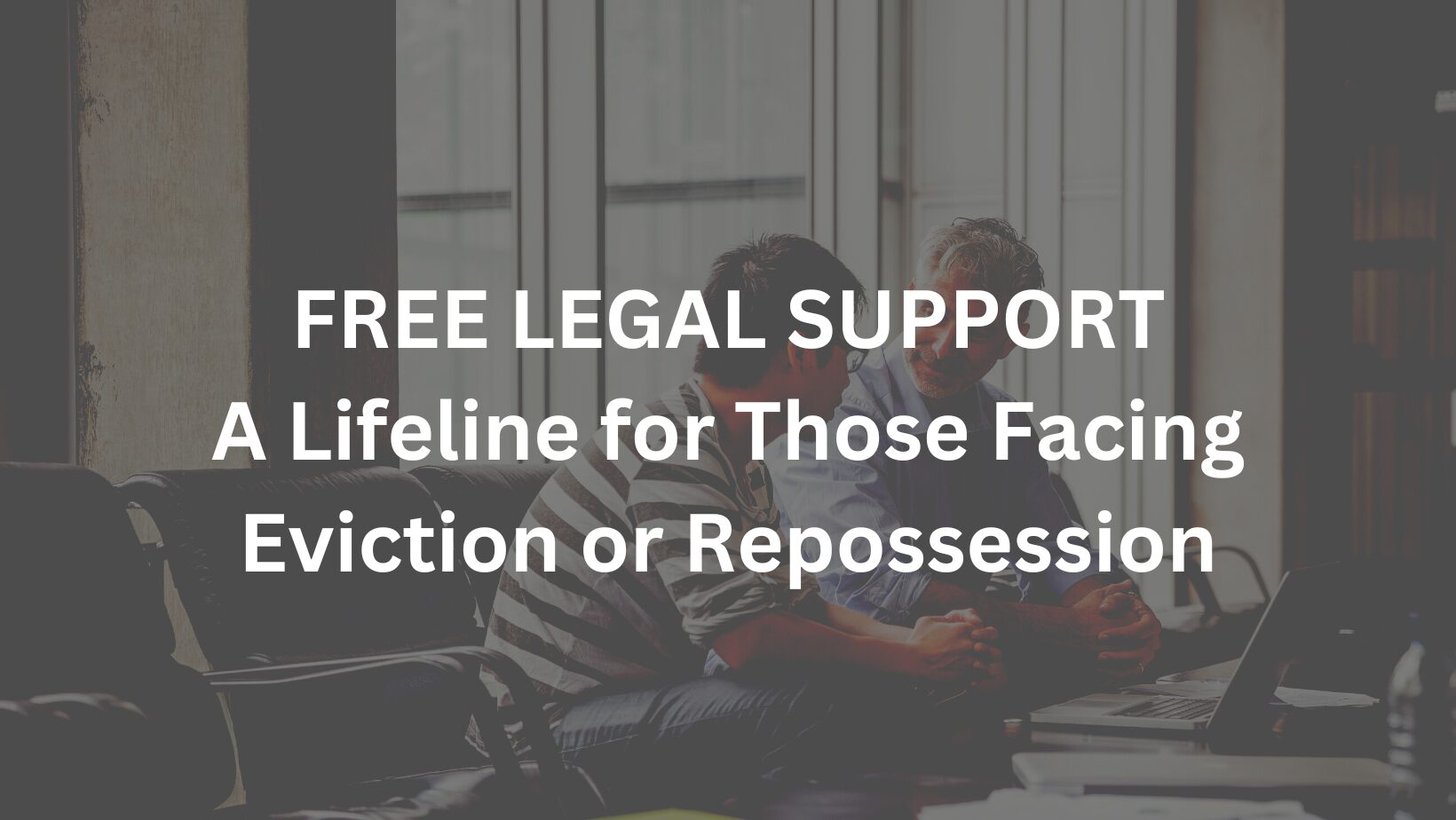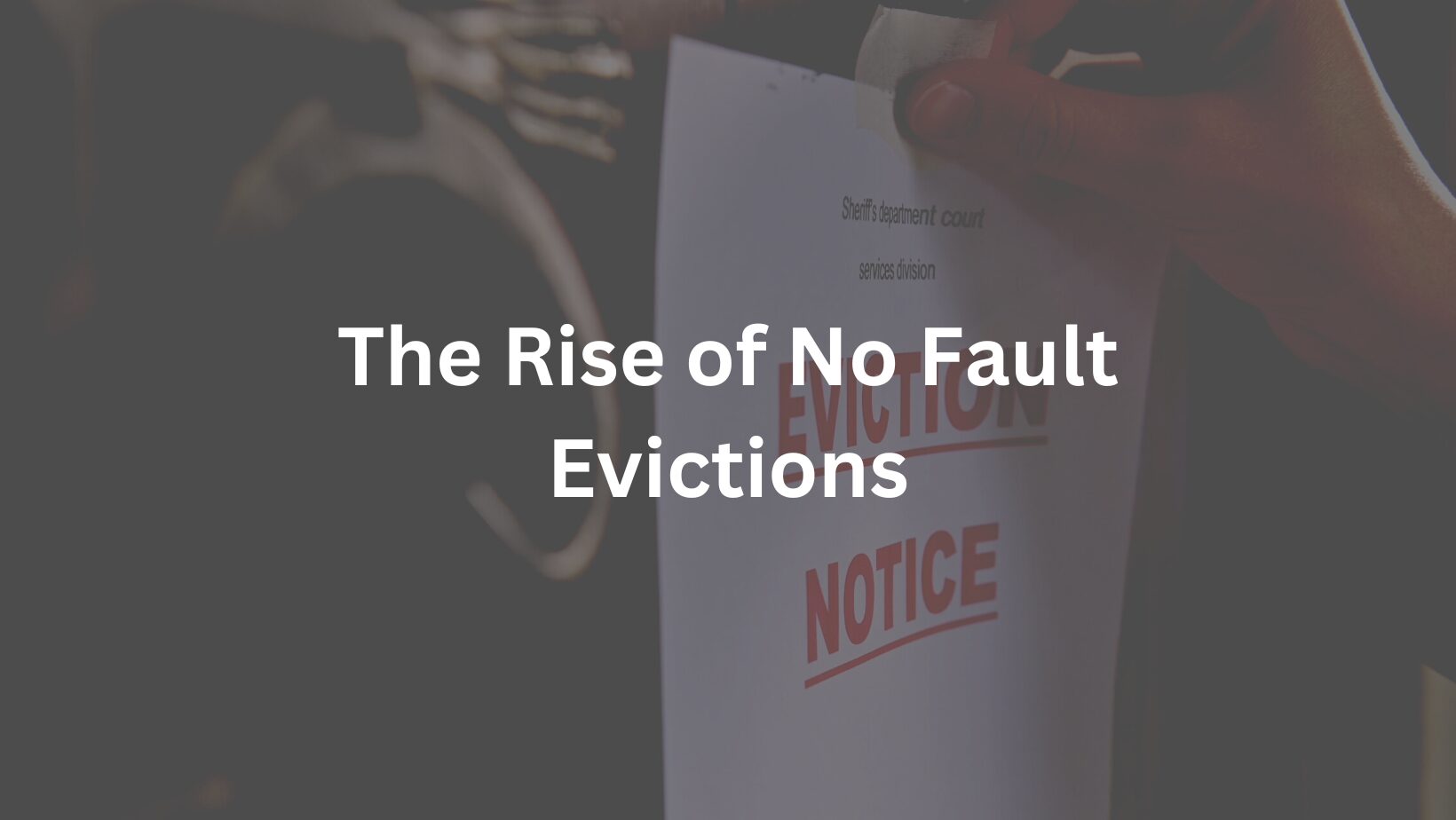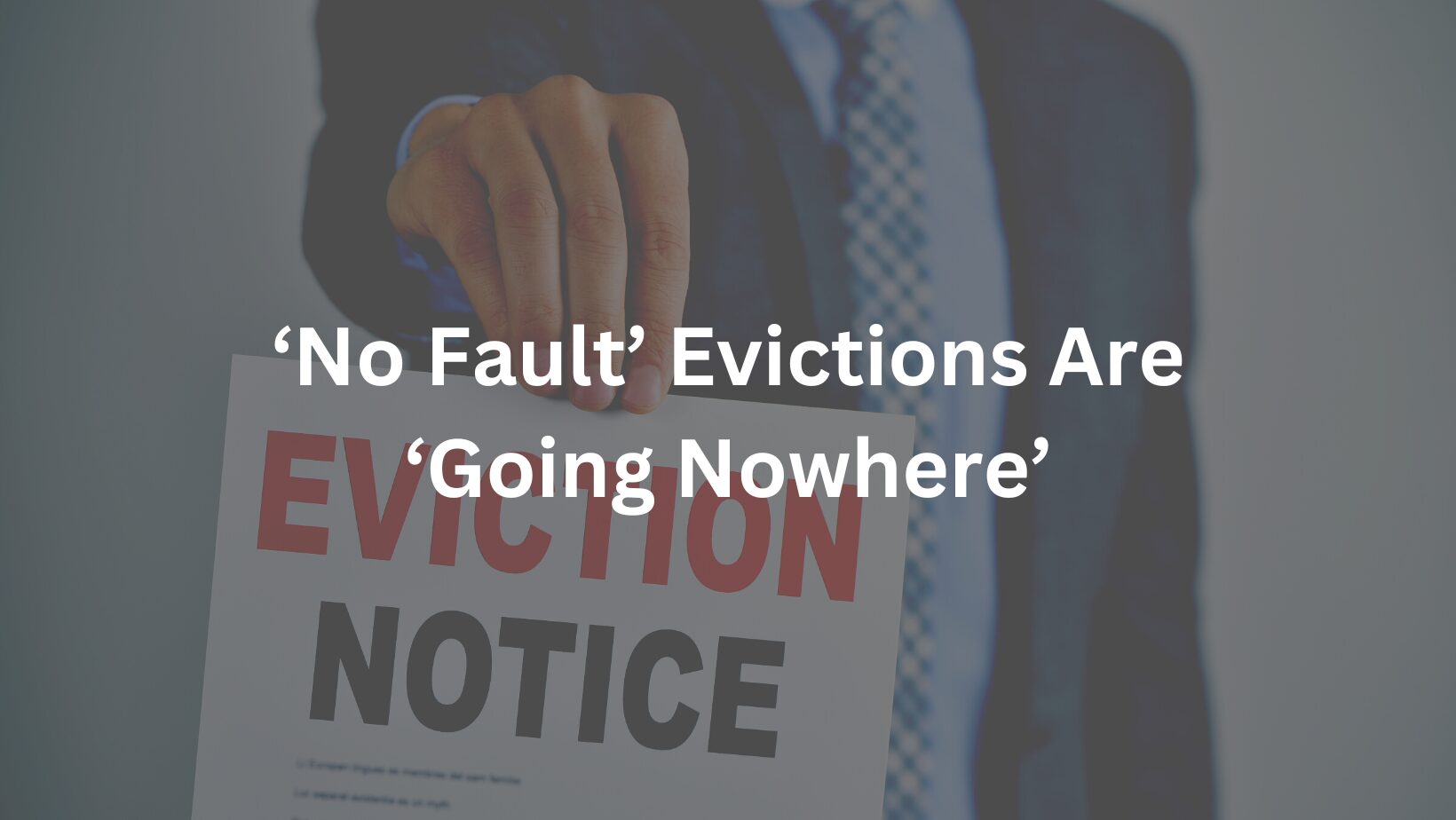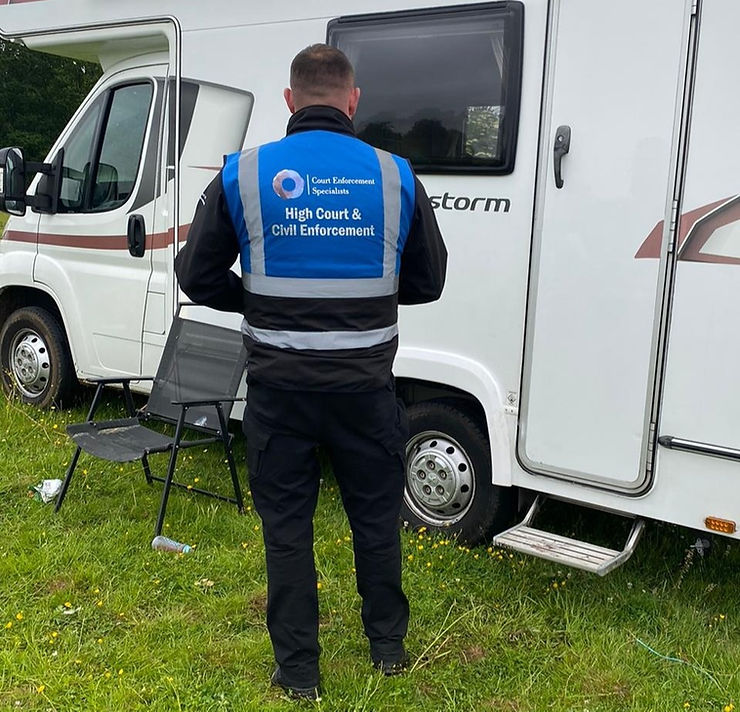
Due to the impact it can have on local communities and landowners, unauthorised encampment must be dealt with swiftly and effectively. This begins with knowing exactly who has which specific powers to act.
Common Law Powers
All landowners can use their common law rights to recover land by evicting an individual, to seek damages for their trespass on their land, and to seek an injunction to prevent the trespass from occurring again. Trespassers may request to leave peaceably before being forcibly removed, although a trespasser who has entered land with force and violence may be removed without this request.
What if they don’t leave?
The possessor of the land may use ‘no more force than is reasonably necessary’ to evict him or her, and private bailiffs may be used to carry out the eviction.
What is reasonable force?
This is a question of fact to be decided in each individual case, however it must be an honestly held belief that in the particular circumstances the force that is used is reasonable, rather than excessive, as use of excessive force could give rise to a claim against the landowner by the trespassers.
Who should you tell?
The police should be notified of the intentions to enforce eviction, so that police officers can be present to prevent any breach of the peace.
Full Information on Enforcement Powers on Unauthorised Encampments – ‘Common Law’ is available at:
